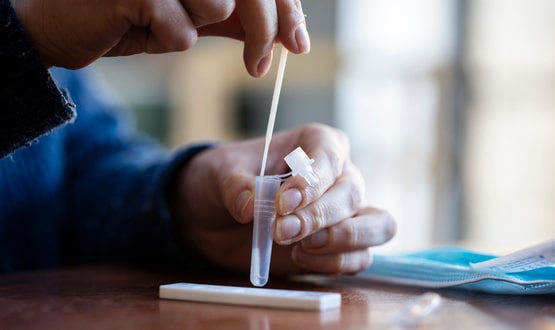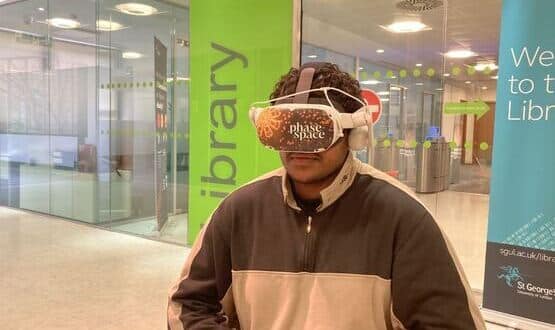Robot baby helps medical students train
- 27 May 2005
A Florida-based company is manufacturing interactive baby mannequins containing software that will emulate the vital signs of a three-to-six-month old child, so that medical students can practise on them.

The BabySIM (above), the latest offering from Medical Education Technologies (METI), is much more sophisticated than a children’s toy. Not only does it feature tears, drool, a pulse and baby noises, it also features an anatomically accurate head, airway and thorax and can ‘die’ if the students make a fatal mistake.
It runs on software installed on a chipset within the baby called the Human Patient Simulator (HPS). The system accurately reflects physiological signs and responses and controls the pulse and chest movement.
The BabySIM is the latest in the line of medically-accurate devices manufactured by the company. It was first installed this month at a hospital in Jacksonville, Florida, and will be used to train medical staff.
The hospital already owns a PediaSIM, a representation of a five-to-seven year old child, and Stan D. Ardman (Standard Man, abbreviated to Stan), a sophisticated fully-grown robot. All the robots run the HPS software.
The HPS software and the Stan mannequins are also in use by the US Air Force, NASA’s Long Duration Flight research programme, and the Department of Homeland Security. There are also METI installations within St George’s Hospital, Tooting and the University of Brighton.
The BabySIM, along with other METI products, is distributed in the UK by Crawford Medical. Shands Jacksonville Hospital in Florida paid $52,000 (£28,500) for the system.
Links




